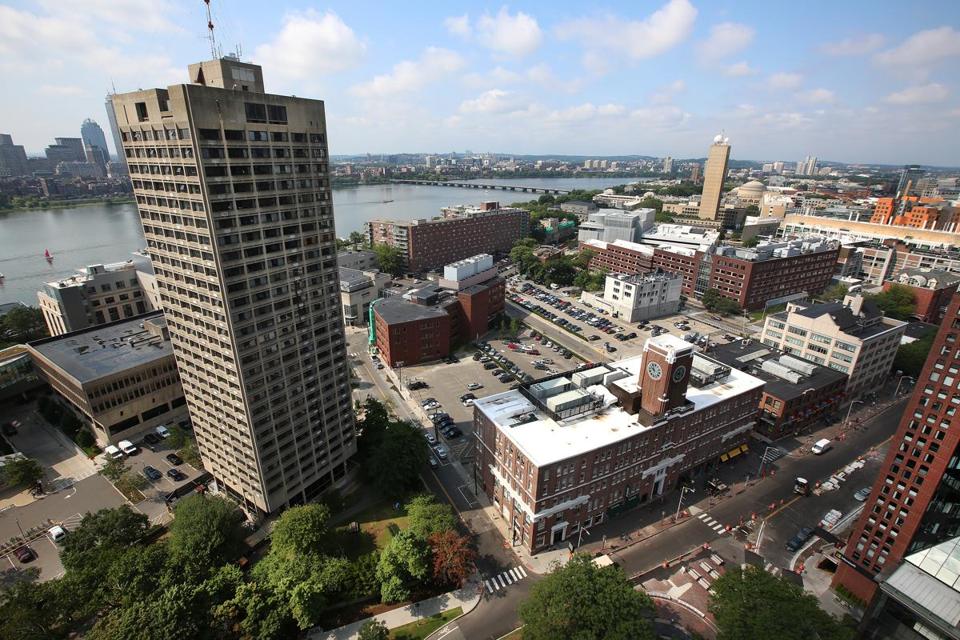East Cambridge is known for being the world’s most compact cluster of biotechnology experts, according to Encompass Green 2016.2 report.
Within the report they analyze commercial laboratory real estate in the second quarter of 2016, which showed record absorption, increasing vacancy rates and other important developments.
According to the statistics there was a record absorption of 973,000 square feet with 93% concentrated in Cambridge and all groups seeing increasing occupancy.
Vacancies have dipped to a 15 year low, with 1.6% vacancy in Cambridge.
There is 1.2 million square feet of construction planned to be delivered by the end of the year and Cambridge has become the world’s first city with at least 10 million square feet of lab space.
As a biotech hub, Kendall has 64% of the region’s biotech jobs, putting Boston at the head of Biotech Research Growth.
Before the end of the year Harvard has plans to begin constructing its Science and Engineering School in Allston, which could potentially become the next biotech hotspot.
While clear plans for this space have yet to be released, Harvard hopes to create a space for companies and institutes can work and take advantage of the research happening at surrounding institutions including, Harvard, MIT, Boston University and the Longwood Medical Area.
Creating an innovation space is no easy task and includes a mix of research institutions, organizations and creating a space that promotes collaboration and connectivity, according to insight from CommonWealth Magazine.
The plans for Harvard don’t plan on replicating the Kendall Square innovation space, but developing a new space and expanding commercial laboratory and advancing research space in Boston.
With vacancy rates so low in Cambridge these developments will be important to watch for how labs and research companies continue to expand in Boston.
View the full report by Encompass here.
Tags: Cambridge Real Estate, Commercial Laboratory Real Estate, Commercial Real Estate, Harvard, Kendall Square Real Estate


